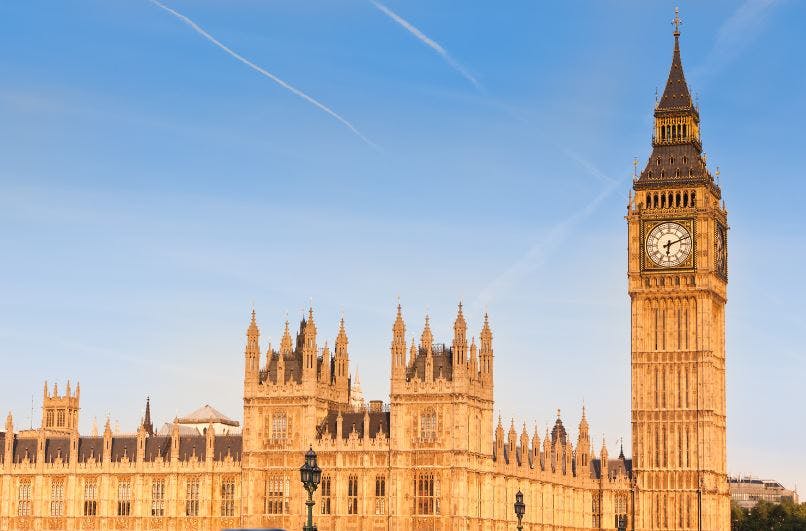Historically, HMRC has taken a pragmatic approach when determining the tax treatment of double cab pick-up trucks, such as the Ford Ranger and Nissan Navara, classifying these as commercial vehicles provided they have a payload of at least one tonne.
Earlier this year, the previous government looked to treat double cab pick-ups as company cars, however, performed a dramatic U-turn following concerns raised from the farming sector and motoring industry.
However, hidden in the small print of the 2024 Autumn Budget, it has been subsequently confirmed that double cab pick-ups will be treated as company cars from 1 April 2025 for corporation tax purposes, and 6 April 2025 for income tax.
The existing capital allowances treatment will apply to those who purchase double cab pick-ups before April 2025. After this date double cab pick-ups will be treated as cars for capital allowances and will no longer have beneficial tax treatment, such as claims for full-expensing (for companies) or 100% Annual Investment Allowance (AIA). Where leased, the high emission car restrictions may apply.
Careful planning will be required to ensure the tax point of the purchase for capital allowances falls before April 2025 – this is usually the date of delivery or, where using finance agreements, the date the asset is brought into use.
To avoid a cliff edge BIK tax charge for existing fleets, the government has announced that transitional BIK arrangements will apply for employers that have purchased, leased, or ordered a double cab pick-up before 6 April 2025. This will allow employers to use the existing BIK treatment for these vehicles, until the earlier of disposal, lease expiry, or 5 April 2029.
No comment has been made with regards to single cab pick-ups, but we expect these should remain as commercial vehicles.
From an income tax perspective, pick-up trucks have always been an attractive option for employers and employees due to their significant BIK tax savings, which mirror those to vans. The changes will put an end to this tax break and the BIK charge will be calculated in line with those for cars, based on the list price and carbon dioxide (CO2) emissions of the vehicle. This will have major implications for companies with fleets of pick-ups, which are used exclusively by employees.
As an illustration, the UK’s most popular double cab pick-up is the Ford Ranger, with a list price of around £60,000 and CO2 emissions of just over 200g/km. For the 2025/26 tax year, the BIK value (where the vehicle is used privately) equates to the flat rate of £4,020. It is possible for there to be no BIK charge if any private use is insignificant.
For a basic rate taxpayer (20%) and higher rate taxpayer (40%), the income tax respectively equates to £804 and £1,608 per year.
Once the new changes are introduced in April 2025, the vehicle BIK value will be calculated based on 37% of list price, due to its high CO2 emissions. This equates in a BIK value of £22,200, with the respective income tax being £4,440 a year for a basic rate taxpayer or £8,880 a year for a higher rate taxpayer – an additional tax difference of approximately £3,636 and £7,272 to find.
Income tax charges may be higher for those that earn over £100,000.
Finally, it is important to note that double cab pick-ups with a payload in excess of one tonne may still qualify as commercial vehicles for VAT purposes.
We would advise obtaining professional advice prior to acquiring or leasing a vehicle for business to understand the commercial vehicle status. For existing vehicles, consider whether to retain past 5 April 2029 when the transitional rules expire.
If you need further advice
Get in touchRelated news

Autumn Budget at a glance
Rachel Reeves delivered her first Budget as Chancellor of the Exchequer on 30 October 2024. The Budget aims to deal with the £22 billion ‘black hole’ in public finances whilst restoring stability and rebuilding public services.

Autumn Budget Summary 2024
Chancellor Rachel Reeves delivered her Budget on Wednesday 30 October 2024. She pledged to ‘invest, invest, invest’ to drive growth and ‘restore economic stability’.


